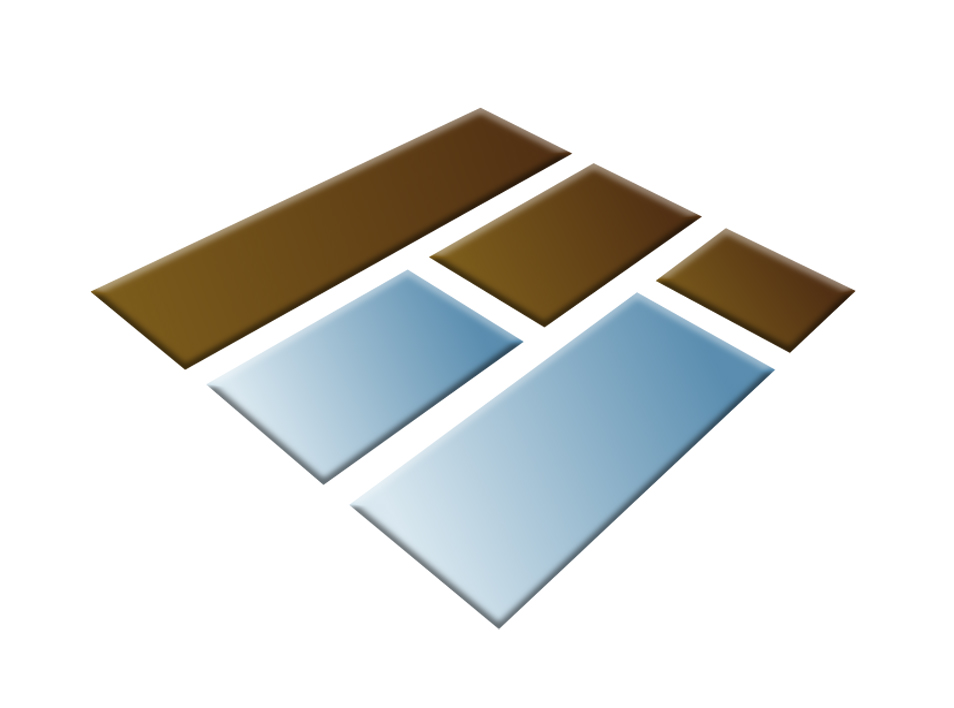Self-Care for Counsellors: Avoiding Burnout in the Healing Profession
- calebmeister777
- Jul 1
- 2 min read

In the realm of addiction counselling and mental health services, counsellors are often the steady hand guiding others through turbulent waters. Yet, in devoting themselves to the healing of others, professionals can easily overlook their own well-being. Burnout is a silent and pervasive risk in this field—one that can erode empathy, impair judgment, and even lead to compassion fatigue.
Understanding Burnout
Burnout is more than just fatigue. It's a state of emotional, physical, and mental exhaustion caused by prolonged stress and overexertion. For addiction professionals, this often stems from:
A high emotional workload
Exposure to traumatic client experiences
Boundary challenges
Feelings of ineffectiveness or stagnation
Unchecked burnout can lead to diminished clinical effectiveness, strained workplace relationships, and personal health decline.
The Importance of Self-Care
Self-care isn’t a luxury—it’s a professional responsibility. Ethical frameworks, including those by NAADAC and IC&RC, emphasize the counsellor's duty to maintain personal well-being to uphold client care standards. Sustainable self-care strengthens resilience, preserves empathy, and enhances therapeutic presence.
Practical Self-Care Strategies for Counsellors
Establish Clear Boundaries
Set and protect your time and emotional energy. Learn to say no without guilt and define limits in client interactions and after-hours communication.
Regular Supervision and Peer Support
Clinical supervision is more than administrative—it’s a space for reflection, emotional processing, and professional growth. Don’t isolate yourself.
Mindfulness and Stress Management
Incorporate mindfulness, breathing techniques, or brief meditations into your daily routine. These practices lower stress and improve clarity.
Physical Well-being
Sleep, nutrition, hydration, and movement directly affect your mood and stamina. Prioritize body care as much as professional development.
Creative and Restorative Activities
Hobbies, nature time, music, journaling—whatever refuels your spirit. Make space for activities that aren’t tied to productivity.
Professional Development with Balance
Continued learning is essential—but avoid overcommitting. Choose workshops or training that inspire rather than overwhelm.
Recognizing the Warning Signs
Early signs of burnout may include:
Chronic fatigue or irritability
Difficulty concentrating
Cynicism toward clients
Emotional detachment
Frequent illness
Awareness is the first step toward intervention. Don’t wait for crisis—seek support early.
Final Reflections
As a healer, you are your most important tool. Protecting your well-being is not selfish—it’s sustainable ethics. Self-care ensures that your work remains both impactful and fulfilling. By modeling balance and wellness, you don’t just teach recovery—you embody it.




































Comments